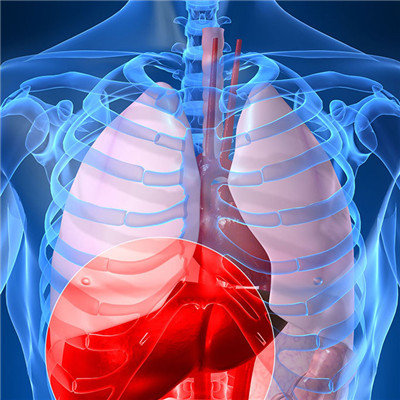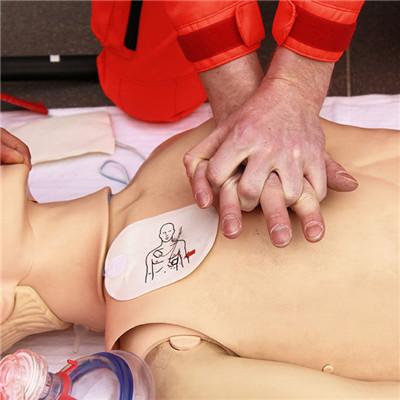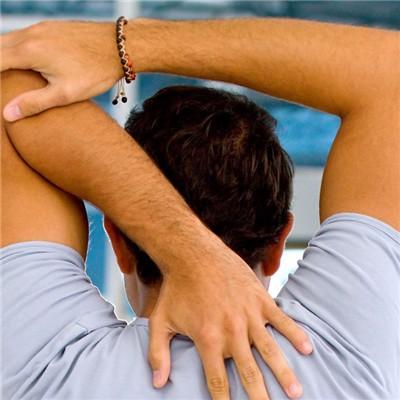Symptoms of bulbar paralysis
summary
Bulbar paralysis is bulbar paralysis. Because bulbar is also called bulbar ball, bulbar paralysis is called bulbar paralysis, also called true bulbar paralysis. When paralysis is caused by disease, a group of symptoms will appear in the motor nuclei in the medulla oblongata or the cranial nerves from the medulla oblongata (including glossopharyngeal nerve, vagus nerve and hypoglossal nerve). Symptoms of bulbar paralysis? Let's talk about it
Symptoms of bulbar paralysis
The early symptoms of bulbar paralysis are dysarthria and speech difficulties. Patients always feel tired when speaking, especially when improving their voice or accentuating their intonation. When the disease develops slowly, the tongue, mouth, throat, soft palate and so on will appear dysarthria.
Bulbar palsy can lead to the loss of bilateral vagus motor function, resulting in paralysis of the vocal cords and the laryngeal muscles that control glottic cleft. At the beginning, the vocal cords are weak, and the pronunciation is thick. At the later stage, there will be loss of voice and severe difficulty in breathing and wheezing. If only lost voice but normal breathing, then most of it is due to hysteria.
Patients with bulbar palsy, tongue muscle, pharyngeal muscle paralysis, which will cause dysphagia, chewing weakness, pharyngeal reflex disappeared, drinking water easy to choke and other symptoms of eating difficulties.
matters needing attention
The result of bulbar paralysis is very serious, especially when the patient can't swallow, he can't eat effectively, so the nutrition can't be enough intake, which will make the patient's resistance decline. Therefore, patients with bulbar paralysis should be carefully nursed, and nasal feeding can be used to ensure their eating needs.













